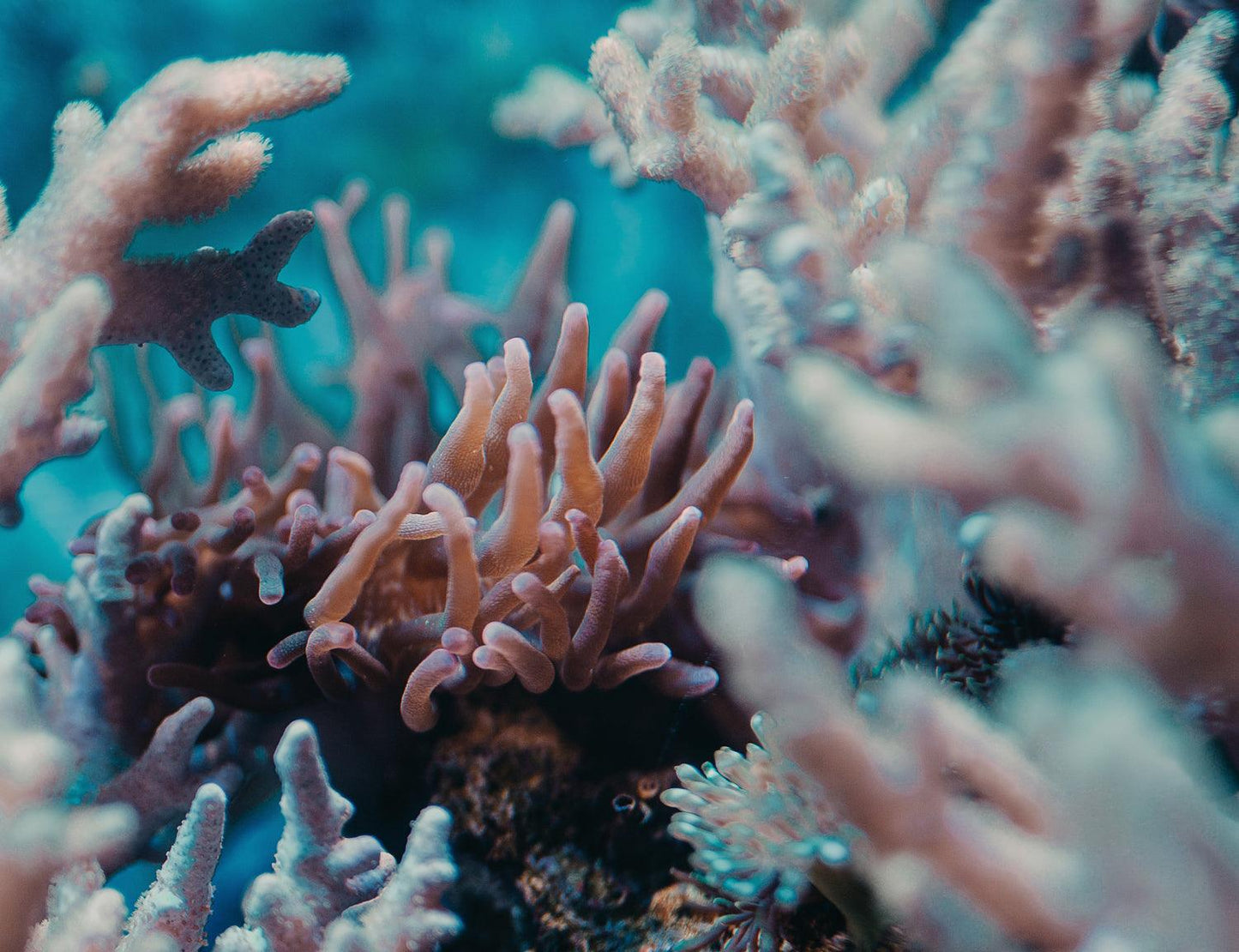
Covering 70% of the earth’s surface and home to the world’s largest living structure - the Great Barrier Reef – the ocean’s climate is integral to our survival. And not just as a food source.
World Ocean Day takes place on 8th June and is a chance for us to reflect on and celebrate our oceans, finding ways to work together to protect them for generations to come. Inka Cresswell is a marine biologist, diver, wildlife filmmaker and Ocean Ambassador for the Marine Conservation Society, the UK’s leading marine charity.
Here, she explains why protecting our oceans is something we will all benefit from and how we can all play our part.

The ocean plays a key part in the world’s climate
Why is the ocean so important to our wellbeing?
“The ocean brings me endless inspiration and creativity,” explains Inka, who grew up on Brighton’s coastline.
“As well as being a place to enjoy recreationally, it’s where I work and the source of my income and it's the same for millions of others globally, too.”
“Beyond that, it provides us with coastal defences, it regulates the temperature and the air that we breathe. Over half our oxygen is a result of the photosynthesis that takes place in our oceans.”
“It is our planet’s life support system and each of us rely on the ocean in a variety of ways.”

The ocean provides us with coastal defences
How is global warming affecting ocean life?
“We're losing keystone species and the coral reef, the habitat for thousands of species,” says Inka.
“I want my children and my children's children to see the ocean and these incredible creatures first-hand. Having a species-rich ocean will help when it comes to the fight against climate change.”
The relationship between oceans and the climate is so closely linked.
Over the last 100 years, the global sea level rise has been more than seven inches due to ice melting.
“When our oceans get too warm, we see coral bleaching,” says Inka. “This is where algae living in coral abandons its structure when it gets too hot and means entire ecosystems can completely die.”
How can we protect our ocean climate?
“Lots of people doing something is better than one person doing everything perfectly,” Inka explains.
“I’m often asked what the biggest issue in ocean conservation is, but they're so interlinked - you can't tackle plastic pollution and ignore climate change or overfishing.”
“The ocean is such a carefully balanced web. Lifestyle choices can make a difference.”
“Alongside the work I do, I limit my use of single-use plastic and carbon emissions, and I’m in the privileged position of being able to eat sustainable fish.”
“I also try to ensure my money supports industries I feel are managing the oceans correctly, shopping with B Corp organisations where possible and avoiding fast fashion.”
Plantopia's Ocean Waste Plastic partnership
To help protect the ocean climate, Plantopia has partnered with Ocean Waste Plastic, a concept made with the purpose of cleaning our oceans from plastic pollution.
For each gram of post-consumer recycled plastic (PCR) used in Plantopia packaging, we remove the same amount of plastic from oceans and rivers.
This is one of the steps Plantopia is taking to help protect our oceans, marine wildlife, and future generations.
The concept is managed by the ReSea Project, their clean-up team consists of local fishermen in Jakarta, Indonesia who are highly affected by plastic pollution as it threatens the amount of fish and mussels nearby.
ReSea Project has hired the fishermen to collect plastic from oceans and rivers, and thereby improve their living standards ensuring fair compensation and better working conditions.

